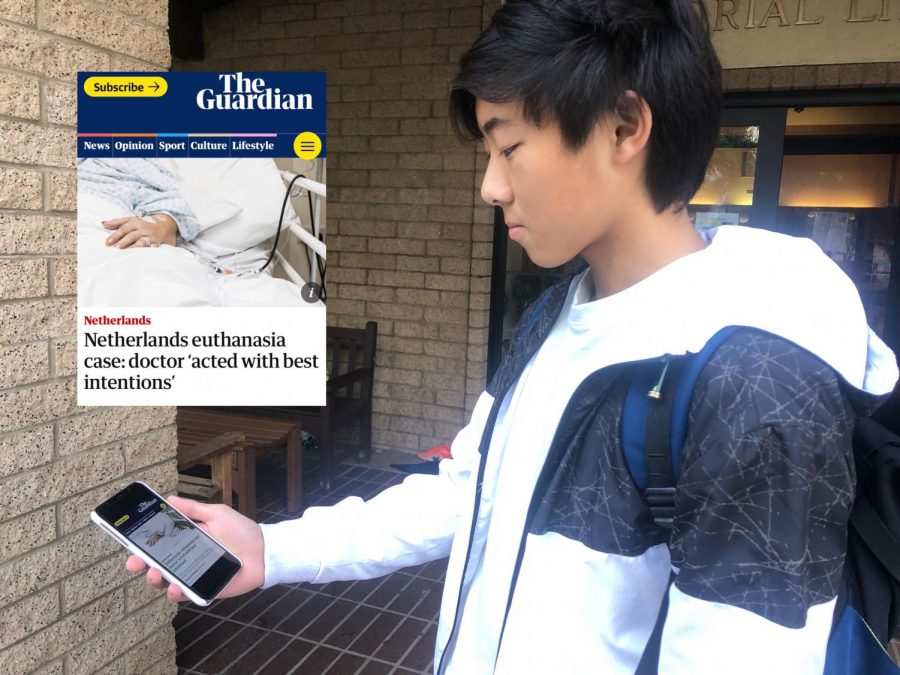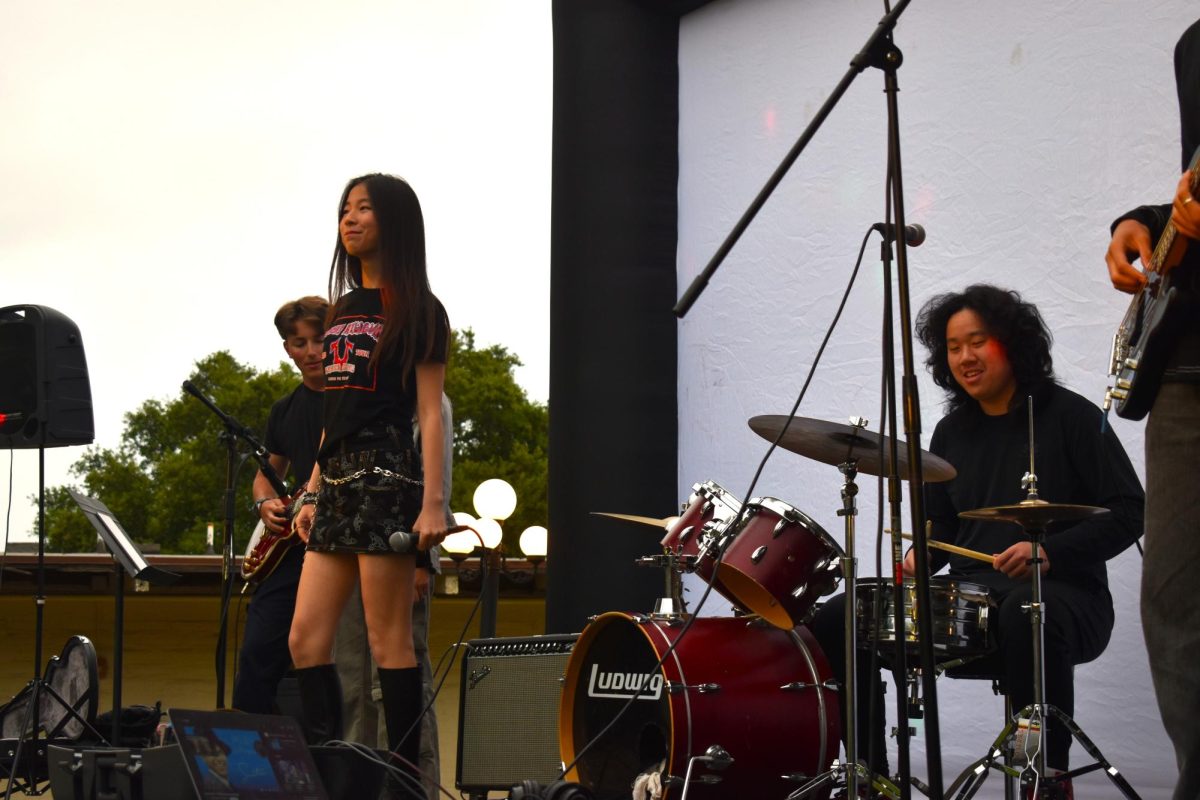Have you ever thought about your own death? A recent controversial case about euthanasia in the Netherlands has sparked a conversation in the Webb community.
On September 11th, 2019, a Dutch court acquitted a doctor who was being prosecuted for euthanizing a dementia patient without her consent. The 74-year-old patient was diagnosed with Alzheimer’s in 2012 and was euthanized in 2016. According to the Dutch Euthanasia Review Committee, the patient wrote a formal statement wanting to decide her time of euthanasia.
Winston Li (‘21) said, “Personally, the most important component for the proper execution of euthanasia is the consent of the patient. In this case, I think it seems like the ambiguous regulations on euthanasia in the Netherlands caused a misunderstanding between the doctor and the patient. ”
When the euthanasia was executed, the doctor gave the woman a cup of coffee containing a sedative and injected the euthanasia drug in the presence of the patient’s husband and daughter. The patient was unaware that she had been euthanized, but Mariette Renckens, the judge of this case, used the governmental regulation to support her decision to acquit the doctor.
Renckens said, “We believe that given the deeply demented condition of the patient the doctor did not need to verify her wish for euthanasia.”
The Dutch government official website states, “Sometimes, a patient may lapse into semi-consciousness just before scheduled euthanasia. If there are still signs of suffering, the doctor may perform euthanasia despite the patient’s lowered consciousness… These guidelines… do not represent any implicit relaxation of the law; they are merely designed to provide guidance for physicians in this difficult situation.”
These special guidelines embody the strictness and comprehensiveness of the Dutch euthanasia law, which is again demonstrated in this lawsuit against the doctor. Although the patient was unaware that she was euthanized at the moment, the doctor was acquitted for euthanizing the patient. This unique case shows the specificity with which laws in the Netherlands regulate euthanasia.
In the Netherlands, before the euthanasia takes place, the patients must voluntarily consent. When the patients regard their situation as unbearable with no prospect of improvement, they make a well-considered request for euthanasia. In addition, two requirements must be met: the patients must be capable of determining their own wishes and they must have made this request without pressure or undue influence from others. All supervision of euthanasia and assisted suicide are conducted by a Regional Review Committee after the death of the patient.
Webb students and faculty have varying opinions regarding this case.
Megan Huang (‘21) said, “Personally, I think that euthanasia is beneficial when the patient has indicated their will prior to the irreversible condition—in this scenario their quality of life has significantly decreased and cannot find pleasure in everyday life.”
Susanna Linsley, humanities department faculty, said, “Suffering isn’t always noble. I believe that having dignity in life equals having dignity in death, which means that I should be able to choose the way I want to die. I would not want my body or my legacy to take up any resource or space, and I also respect the idea of a natural burial.”
While many Webbies believe in the importance of fundamental human freedom and the right to govern their own bodies, other students hold opposing opinions.
Isabelle Saad (‘20) said, “While this is a very difficult topic, I affirm that euthanasia should not be legalized since it prevents any out-of-the-box recovery. There have been numerous instances where people have recovered from ‘incurable’ diseases. ”
Webbies hold a range of opinions regarding this case of euthanasia in the Netherlands. Nonetheless, the controversial case gave the Webb community insight into participating in global discussions and thinking about the inevitable factor of life and death.









